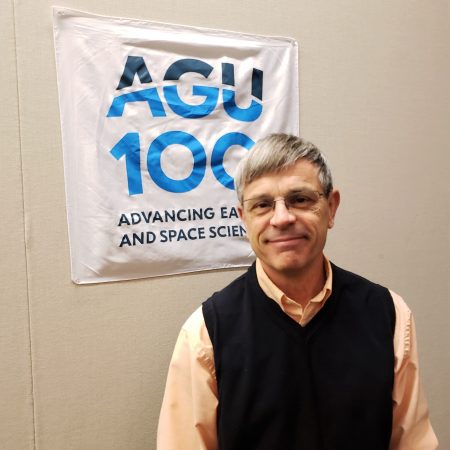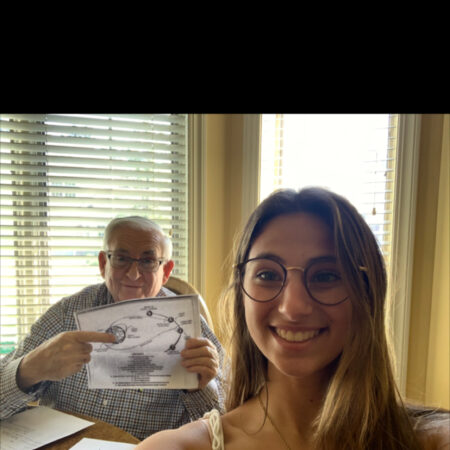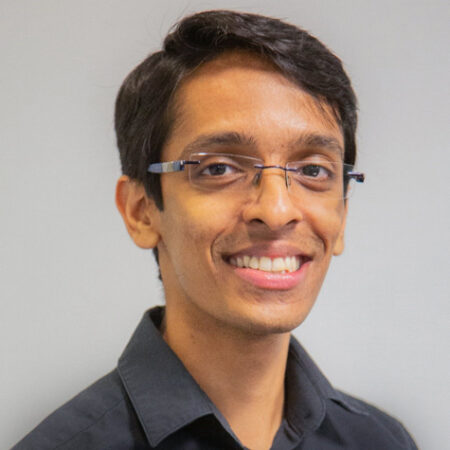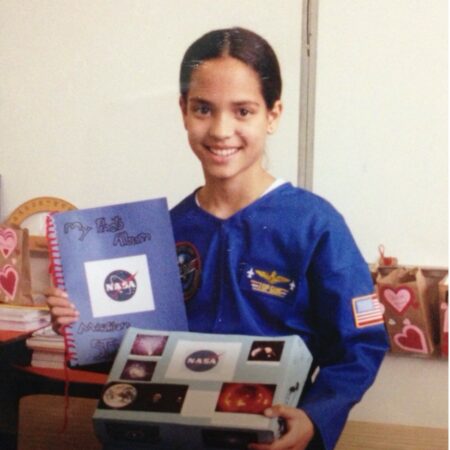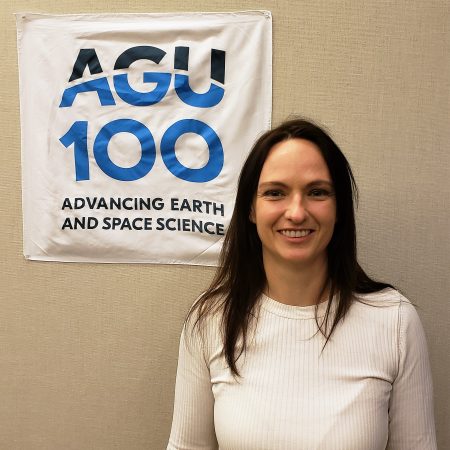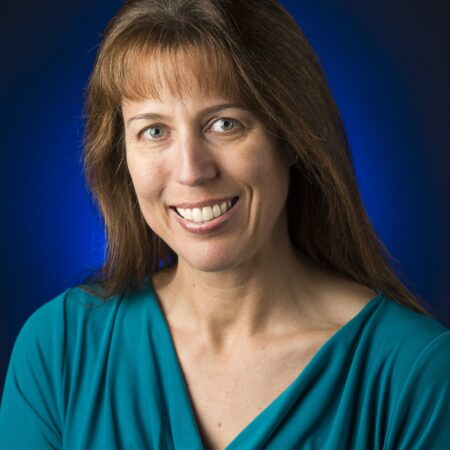Refine
Date Range Clear
Recorded by Clear
Keywords Clear
Partnerships Clear
Organizations Clear
Places Clear
Languages Clear
Initiatives Clear
John Bolten doesn’t need to get his hands dirty to learn about crop yields. Using satellite images, the Associate Program Manager of Water Resources for the NASA Applied Sciences Program has worked with the U.S. Department of Agriculture to directly...
James Famiglietti, hydrologist and Director of the Global Institute for Water Security, University of Saskatchewan, discusses his work with NASA's Gravity Recovery and Climate Experience (GRACE) and the evolution of technology throughout his career including its impact on water security....
On the football field, Bob Swap learned to read the field, look at the play, assess the information, and move forward. Today, those same skills help him manage over 250 scientists at the Goddard Space Flight Center with NASA’s Pandora...
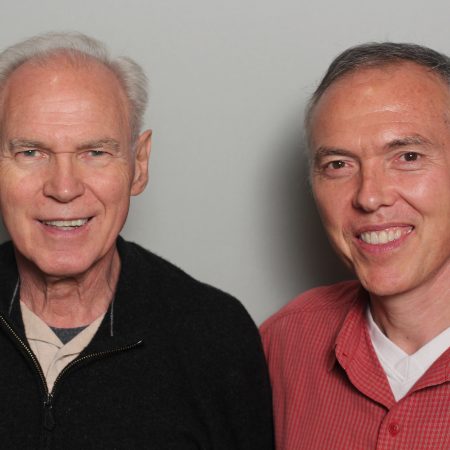
Frederic Bien (56) interviews his friend and neighbor Ekkehart Rausch (74) about Ekkehart's father's life, fighting as a non-supportive German in the Nazi army in World War II, and his eventual emigration to the United States in 1958, where he...
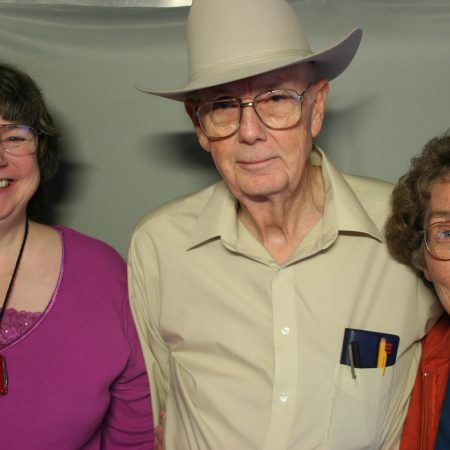
Claudia Crowley interviews her parents Claude and Carolyn Crowley about their careers and personal interests.
This interview is about my father, Dave King, and his and his father’s time working at NASA.
Anna Causey interviews her father, Steven Causey, about his life. They discuss his childhood and important events that impacted his life.
Marcia Rieke has had to take a break from her job as a professor of astronomy at the University of Arizona recently because she is currently the principal investigator of the Near Infrared Camera being launched on the James Webb...
Dr. Penny Boston is a woman of many talents! A notable academic with a background in microbiology and geology, Penny has investigated microbial life in the lab and in the field as a speleologist -- someone who studies cave science....
Kennedi White is one of 25 students starting in the new Student Airborne Science Activation (SaSa) program at the NASA Ames Research Center. Students at SaSa are undergraduates from minority-serving institutions, competitively selected across the United States. Over the course...
Gail Skofronick-Jackson, Program Manager at NASA Headquarters, Science Mission Directorate, knows more about snow than most Tallahassee, Fla. residents. In fact, it may be safe to say that the program manager at NASA Headquarters knows more about snow than most...
Nina Fefferman is a professor at the University of Tennessee in Knoxville in the departments of Mathematics and Ecology & Evolutionary Biology, where she is also the director of the National Institute for Mathematical and Biological Synthesis. In her varied...
In research, Dalia Kirschbaum literally seeks landslide victories, though in her case this entails finding disasters. The research scientist at NASA’s Goddard Space Flight Center uses satellite monitoring to get clear predictions about actual landslides through satellite information. “My work...
Cloud scientist Steven Platnick is trying to learn how clouds may magnify—or minimize—the effects of climate change. He first got excited about clouds when his Ph.D. advisor, who "treated us like equals," started asking questions about clouds. "He asked questions...
Peter Michelson was inspired by the Apollo moon program to study physics; now, he's a professor of physics at Stanford University and works at the Compton Gamma Ray Observatory. We talked to Peter about pivoting into a new field after...
Brad Doorn’s, Water Resources and Agriculture Applied Science Program NASA, work includes forecasting the global food supply, including warnings and predictions about possible problems that might arise due to water supply shortages which can inform global market prices. While the...
Sabrina Savage builds instrumentation for solar physics and studies solar flares at NASA’s Marshall Space Flight Center. The technology she helps create delivers the most high-resolution pictures of the sun anyone has ever seen. In a society more dependent upon...
As a program manager with the Jet Propulsion Laboratory at NASA, Dr. Ulf Israelsson shares how he first became fascinated with outer space as a child, when he would stare up at the stars in his native country of Sweden....
The realization that a purple sunset in Wisconsin traced back to the 1991 volcanic eruption of Mt. Pinatubo in the Philippines fueled Chip Trepte’s interest in the movement of volcanic aerosols in the upper atmosphere. “It was a stunning revelation...
Me and my grandma’s fiancé talked about his work in NASA. He worked on the Apollo mission that went to the moon.
As a young child in India, Nithin Silvadas picked up Carl Sagan’s Cosmos, and it may have changed his life. From that moment on, he was enraptured with the universe. An undergraduate in engineering (where he literally helped build satellites)...
As a theoretical planetary scientist, Dr. Natasha Batalha does not work in a lab or stare down the eye of a telescope. Natasha's work involves taking basic physical concepts and folding them into computer programs that help us predict a...
As a deputy section manager at NASA’s Jet Propulsion Lab, Carmen Boening is keenly focused on rising with the tide. The trouble is, the water level isn’t going down as the climate warms. Partly through the monitoring of a set...
Kelly Fast basically works in a sci-fi movie- she works in the Planetary Defense Coordination Office at NASA, which means she finds asteroids before they hit Earth. And while she hasn’t had to deflect any asteroids yet, she’s been involved...


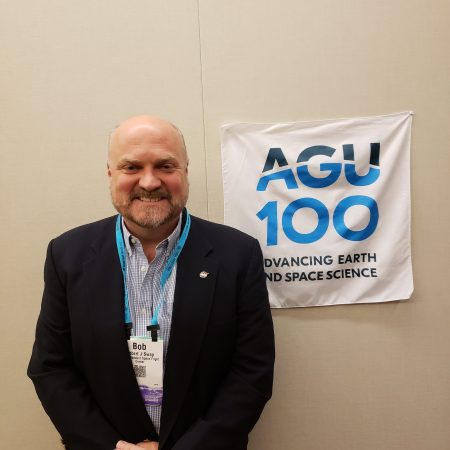
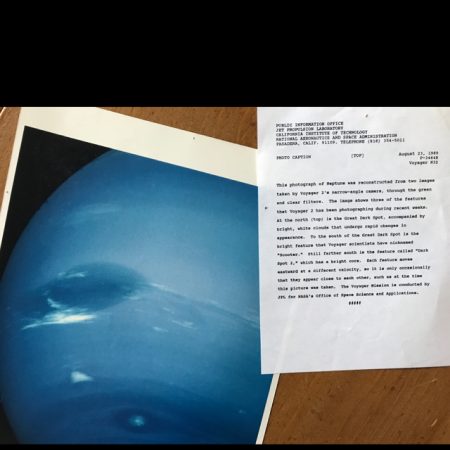
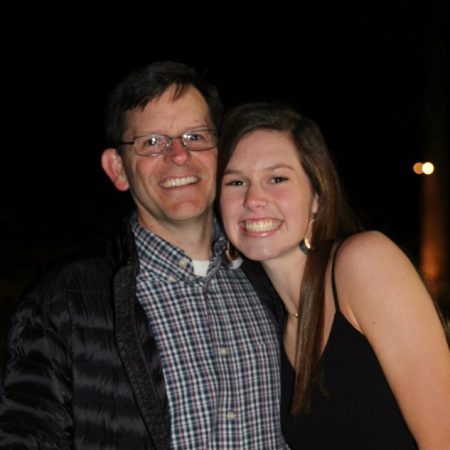
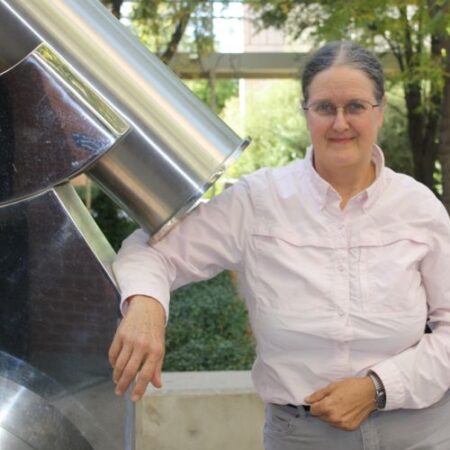
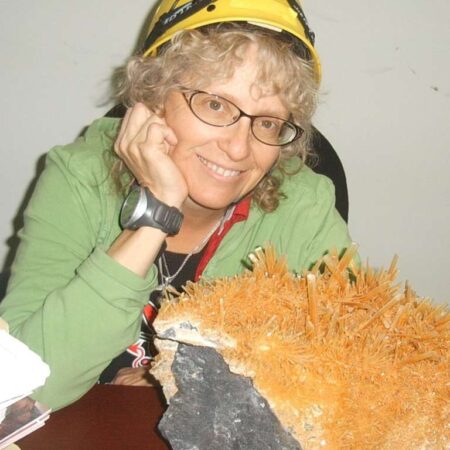
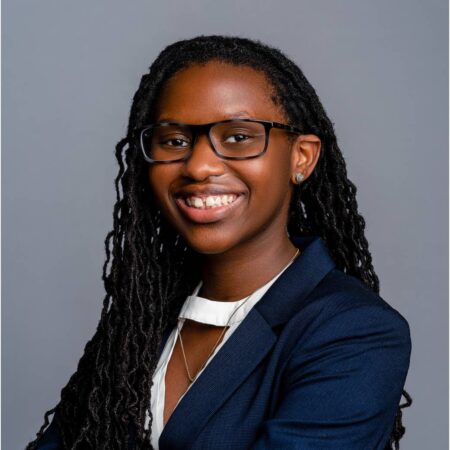
!["As soon as it [snow] lands, it starts to metamorphosize" an interview with Gail Skofronick - Jackson](https://archive.storycorps.org/uploads/2019/01/181210_Jackson-1-450x450.jpg)
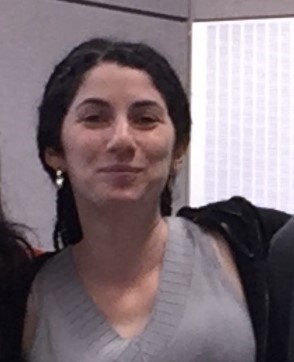

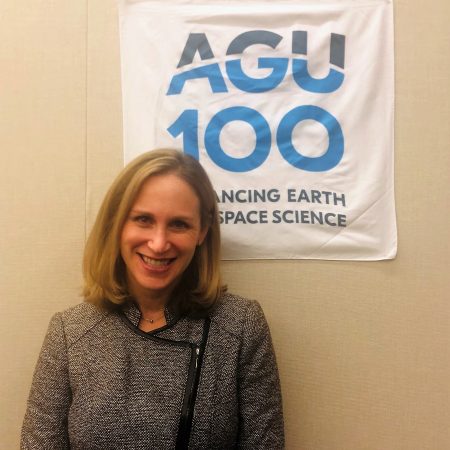

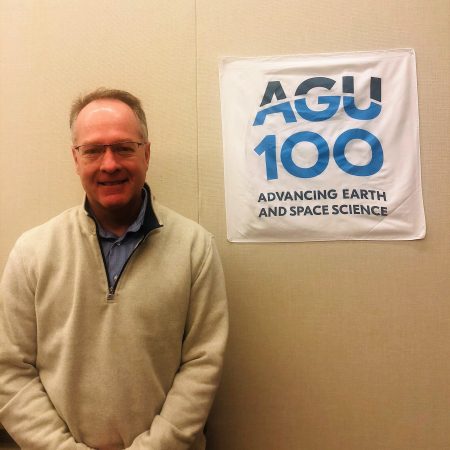
!["The sun is a terrifying and beautiful laboratory of which we know only a little [about]." an interview with Sabrina Savage](https://archive.storycorps.org/uploads/2019/02/20181213_Savage-450x450.jpg)

